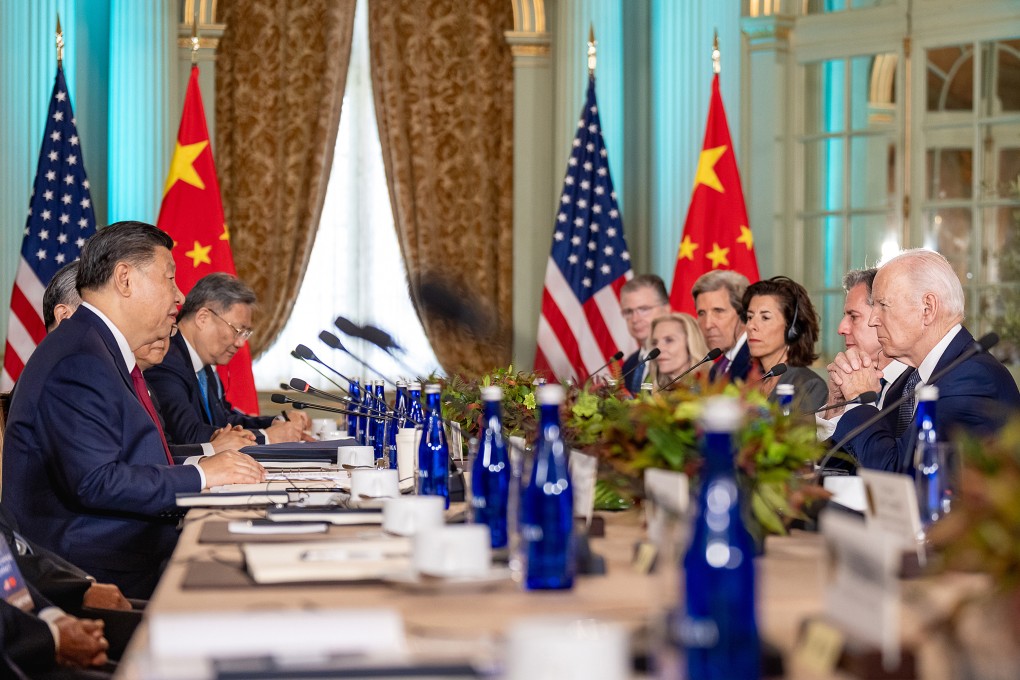Advertisement
Letters | Xi-Biden meeting reflects changing power dynamics between China and the US
- Readers discuss China’s growing confidence against a seemingly more uncertain US, how Russia is building support in Southeast Asia, and the return of Formula Three racing at the Macau Grand Prix
Reading Time:3 minutes
Why you can trust SCMP
0

Feel strongly about these letters, or any other aspects of the news? Share your views by emailing us your Letter to the Editor at letters@scmp.com or filling in this Google form. Submissions should not exceed 400 words, and must include your full name and address, plus a phone number for verification.
A day before Presidents Xi Jinping and Joe Biden met this week, US National Security Adviser Jake Sullivan told reporters at a press briefing that both sides had worked hard to pave the way for this meeting. He made it a point to say: “President Biden comes into this summit on a solid footing, given the ways in which he has positioned the United States to be able to compete effectively both at home and around the world.”
No one doubts that the US is still the most powerful country – and the only hegemonic power – in the world. However, the fact that Sullivan had to emphasise this suggests US confidence is not as before.
By contrast, it would seem that since the Chinese balloon saga early this year, China has not been worried about its cold and distant relationship with the US. Over many long years, China has gradually developed into a solid regional power with some confidence.
Remember the meeting in March 2021 between the US and Chinese delegations led respectively by Secretary of State Antony Blinken and Yang Jiechi, then director of the Office of the Central Foreign Affairs Commission? To Blinken’s mention of the “rules-based international order”, Yang rebutted: “I don’t think the overwhelming majority of countries in the world would recognise that the universal values advocated by the United States or that the opinion of the United States could represent international public opinion, and those countries would not recognise that the rules made by a small number of people would serve as the basis for the international order.”
Such strong words from a senior Chinese official had rarely been heard.
Advertisement